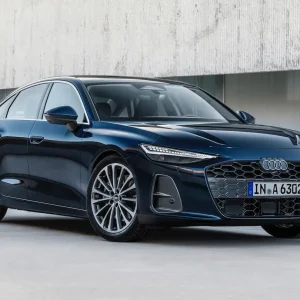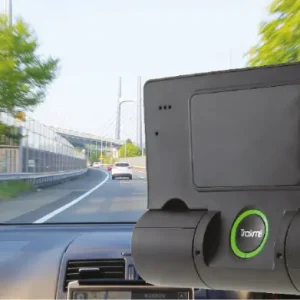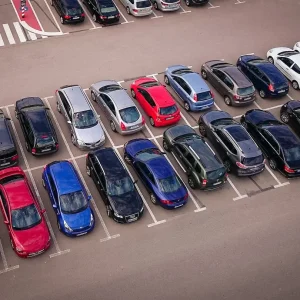Fleet managers need to ensure they remain on top of developments in autonomous driving technology, according to Venson Automotive Solutions.
The company has published a new white paper, entitled ‘The journey towards full driving automation’.
The white paper notes that hype around driverless cars could be said to have peaked in around 2018-19, when predictions were made about the imminent introduction of the technology that ultimately failed to materialise.
However, it argues that now, better-funded pilots are making progress, and that the potential benefits of autonomous vehicles have become increasingly well-publicised and accepted.
Venson says that with the white paper, it aims to help businesses keep track of developments in connected autonomous mobility (CAM).
Venson client management director Simon Staton said: “CAM will have a significant impact on fleet managers and only by horizon-scanning, adapting and developing the fleet management role will UK businesses and vulnerable road users be able to benefit from it.
“Just as the fleet industry is taking the reins and steering electrification in the UK, the importance of the fleet manager cannot be understated as we journey towards full driving automation.”
Staton acknowledged that for fleets juggling issues such as SMR delays and long vehicle lead times, autonomous vehicles may seem a topic too far in the future to worry about.
However, he said: “Driving learning and CPD on CAM is fundamentally important to our ability to steer development of the fleet function.
“Whether it is keeping tabs on UK self-driving regulation, the impact of CAM on the Highway Code or how connectivity, already enabling remote diagnostics, will empower prognostics – the ability to fix things before they go wrong – it is up to us as a sector to keep one step ahead.”
According to Venson, although autonomous driving technology could bring an improved environment for vulnerable road users, decreased traffic volumes, improved safety, and more shared mobility, it could also bring a number of potential hurdles for those responsible for mobility within organisations.
It says ongoing consultation on self-driving regulation by the Law Commission outlines a new Automated Vehicle Act, with new language and driver concepts which will have a direct impact on fleets.
These concepts range from an ‘authorised self-driving entity’ (ASDE) – the manufacturer or developer that puts the vehicle forward for authorisation and takes responsibility for its actions – to ‘no user-in-charge’ (NUIC). To obtain a NUIC operator licence fleet managers of passenger service and freight companies will need to meet certain requirements including ‘being of good repute’, and ‘having appropriate financial standing’.
Venson also notes that there is a question over insurance, regarding at what point, as technology progresses, liability is attached to the vehicle rather than the driver.
Staton said: “There has been much talk about the dawn of fully autonomous vehicles. However, many of the vehicles we drive today already encompass this technology.
Safe self-driving will change the world for the better and fleet operators will be in the vanguard, taking on vital new responsibilities and reaping the commercial benefits.
“For this to be the case though, we must keep pace with the developing technology, so we can help steer the changing role of fleet management into the future.”





